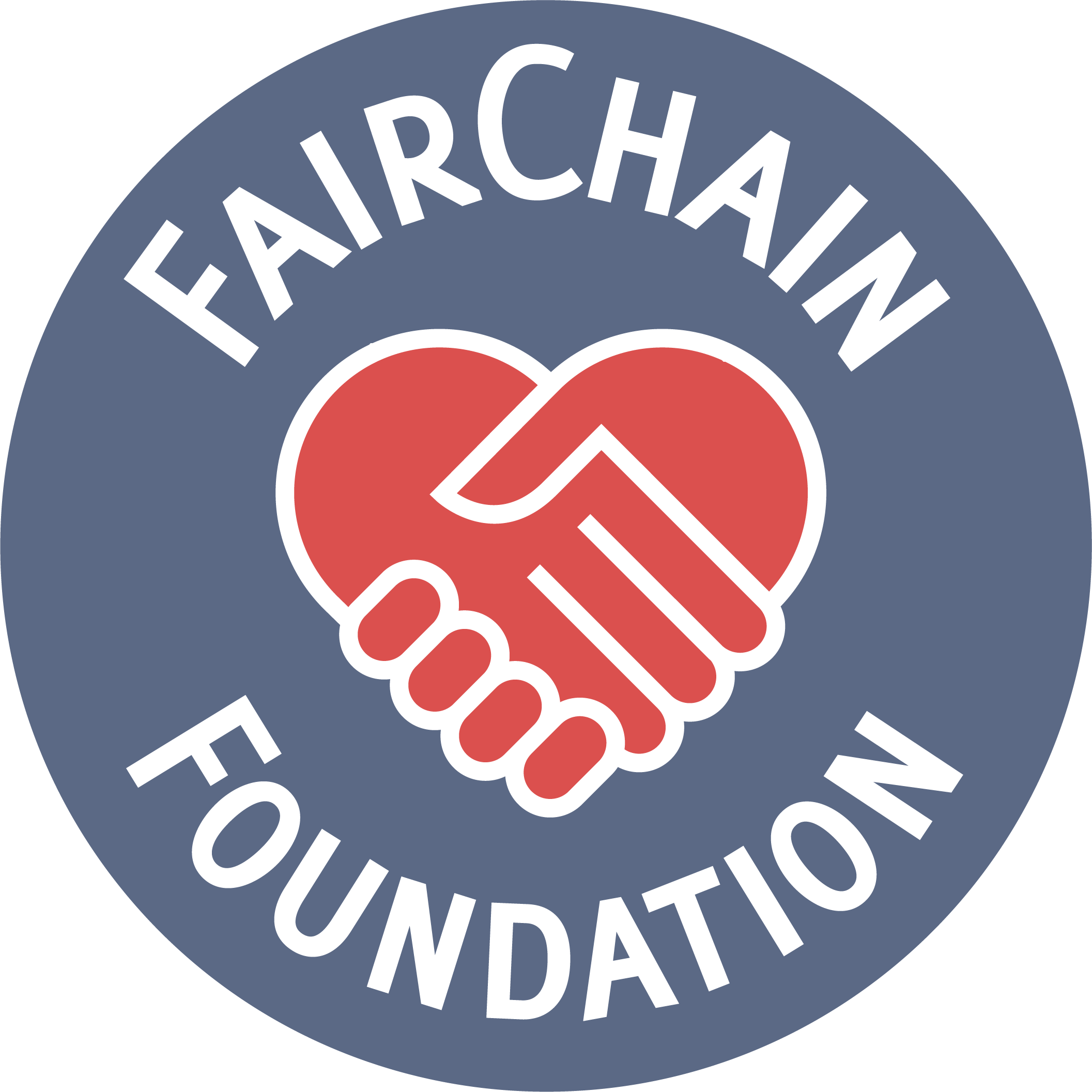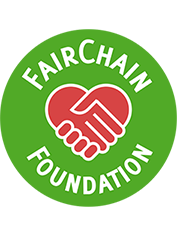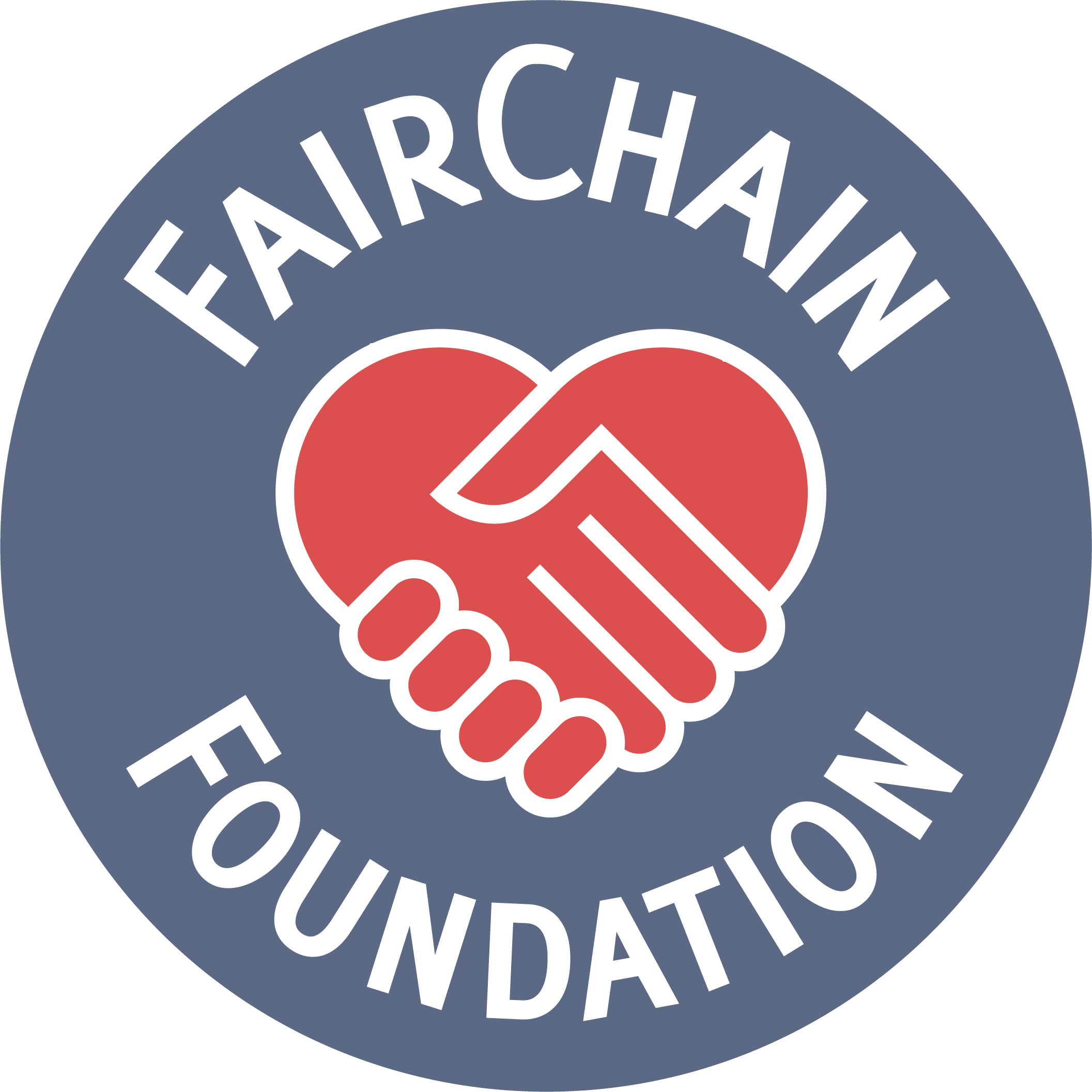Michael Porter is a Professor at The Institute for Strategy and Competitiveness, based at the Harvard Business School.
He is a leading authority on competitive strategy and the competitiveness and economic development of nations, states, and regions. So when he stops to think about how businesses can best address the sticky topic of corporate social responsibility (CSR), his words are to be noted. At least, that’s what Jerry Baker, the Deputy Editor and Chief of the Wall Street Journal, thought when he took a moment to sit down with Michael on the topic.
In the interview, Michael explains his concept of shared value. This is the idea that CSR should not be an addition to core business objectives. It’s an alternative to the traditional window dressing approach to CSR that takes money away from capitalism to invest it in CSR. Instead, Michael explains, shared value is about integrating the two ideas. Reengineering the business model so that it adds value through the way business is done, instead of settling for a trade-off between business and social objectives. This means operating value chains in a fundamentally different way. How? To borrow an analogy from anatomy, this means using the spinal cord of the business -its value chain- as a way of practicing CSR, instead of thinking of CSR as the appendix, a purposeless add-on that is the first to be shed in critical emergencies. By building CSR at the core of the business, it changes the way the entire company conducts its business so that it has a more beneficial impact on the suppliers and their families.
Whilst on the topic of CSR, Michael takes the example of fairtrade. This is a trading model that in essence is about helping the suppliers to get a better deal. And it does this! But the problem with the model is that it is not sustainable, it just makes the same product more expensive without increasing its value in any way. An alternative model, Michael explains, is innately capitalist-based (as business was originally intended out of necessity for survival) and relies on closer relationships with suppliers. This is not a charity model in which fair trade started out to be (and still is), but instead, it addresses poverty by raising the income of the workers in the value chain. This then helps those people to get better at what they do by creating a better quality product. It’s fundamentally about being a better capitalist.

Michael concludes by saying that if we can get capitalism to work (for good) then it has some tremendous benefits. It is scalable and it is sustainable. Two crucial elements that are tragically missing from the donation-dependent models of charity that we’ve seen for centuries. CSR began as a marketing gimmick, a way to make businesses look better in the public eye. But Michael cuts through the smoke and mirrors by taking CSR seriously within a capitalist mindset. He says, if we want to change the public’s attitude towards business then it’s through changing what businesses actually do.
Check out what Moyee Coffee does to change the way business should be done here. And check out the status that they’ve earned as a B-Corp for their pioneering work here.


